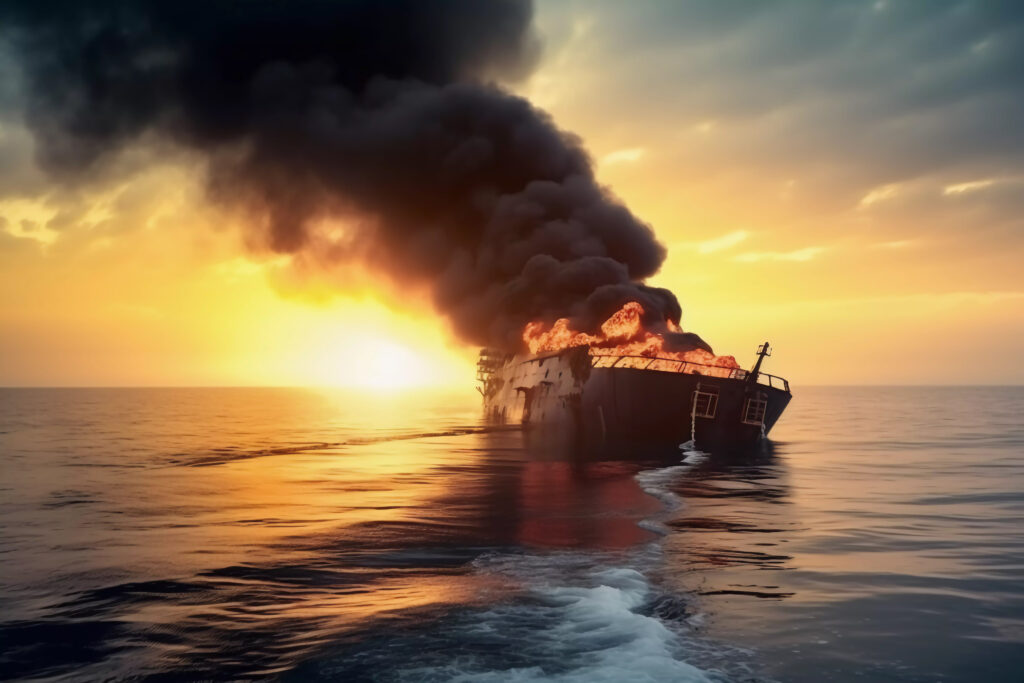Iranian-backed Houthi militants attacked a Maersk container vessel with missiles and small boats, prompting the company to pause all sailing through the Red Sea for 48 hours, Maersk said on Sunday (Dec 31).

The crew of the Maersk Hangzhou crew was safe and there was no indication of fire onboard the vessel, which was fully manoeuvrable and continued its journey north to Port Suez, Maersk said.
According to a Houthi spokesman, the crew of the ship disregarded warnings, which is why they carried out the attack. He said that ten Houthi naval members were “dead and missing” as a result of US forces attacking their vessels in the Red Sea.
After responding to distress calls, the US Central Command (CENTCOM) reported that their helicopters sunk three of the four boats, forcing the fourth boat to escape. The Suez Canal, which is essential for the transportation of commodities between Asia and Europe and handles almost 12% of all trade, enters the Red Sea through it.
On December 19, the United States announced the start of Operation Prosperity Guardian, stating that more than 20 nations had committed to helping protect ships in Red Sea waters close to Yemen.
Maersk responded by announcing on December 24 that it will start sailing across the Red Sea again. Attacks have persisted. Nevertheless, and US allies have shown reluctance to fully commit to the coalition—nearly half have not made a public declaration of their presence.
One of the largest cargo shippers in the world, Maersk, announced on Sunday that it would postpone all passages in the region for 48 hours following the Maersk Hangzhou’s missile strike on Saturday at approximately 1730 GMT, 55 nautical miles southwest of Al Hodeidah, Yemen.
